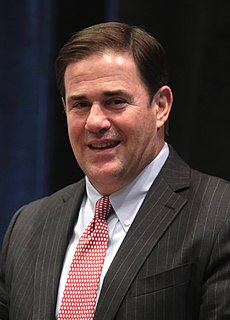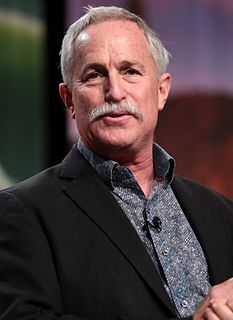A Quote by Lester R. Brown
In Mexico City, Tehran, Kolkata, Bangkok, Shanghai, and hundreds of other cities, the air is no longer safe to breathe. In some cities, the air is so polluted that breathing is equivalent to smoking two packs of cigarettes per day.
Related Quotes
That air. The air afterwards. I wanted to breathe it in. It felt right to breathe it in. Because we were breathing them in, weren't we? And the building. We were breathing it all in. And I thought, there's a part of this that's actually a part of me now. I now have that responsibility. I am alive, and I am breathing, and I can do the things this dust can't do.
Imagine a person who comes in here tonight and argues 'no air exists' but continues to breathe air while he argues. Now intellectually, atheists continue to breathe - they continue to use reason and draw scientific conclusions [which assumes an orderly universe], to make moral judgments [which assumes absolute values] - but the atheistic view of things would in theory make such 'breathing' impossible. They are breathing God's air all the time they are arguing against him.
We are very encouraged that the results from our monitoring of air quality and drinking water conditions in both New York and near the Pentagon show that the public in these areas is not being exposed to excessive levels of asbestos or other harmful substances. I am glad to reassure the people of New York and Washington, D.C. that their air is safe to breathe and their water is safe to drink.
Cities must urge urban planners and architects to reinforce pedestrianism as an integrated city policy to develop lively, safe, sustainable and healthy cities. It is equally urgent to strengthen the social function of city space as a meeting place that contributes toward the aims of social sustainability and an open and democratic society.
Go into a room where the shutters are always shut (in a sick-room or a bed-room there should never be shutters shut), and though the room be uninhabited-though the air has never been polluted by the breathing of human beings, you will observe a close, musty smell of corrupt air-of air unpurified by the effect of the sun's rays.
From a business perspective, the question related to cities and sustainability is clear and compelling: can you have a healthy company in an unhealthy city? Arguably, no. Companies need healthy cities to provide reliable infrastructure, an educated and vital workforce, a vibrant economy, and a safe and secure environment to survive and thrive. Business executives have a lot to learn from cities, and a lot to contribute, and this book shows the way, chronicling the successes and the lessons learned about what it takes to make a city healthy, in every sense of the word.






































